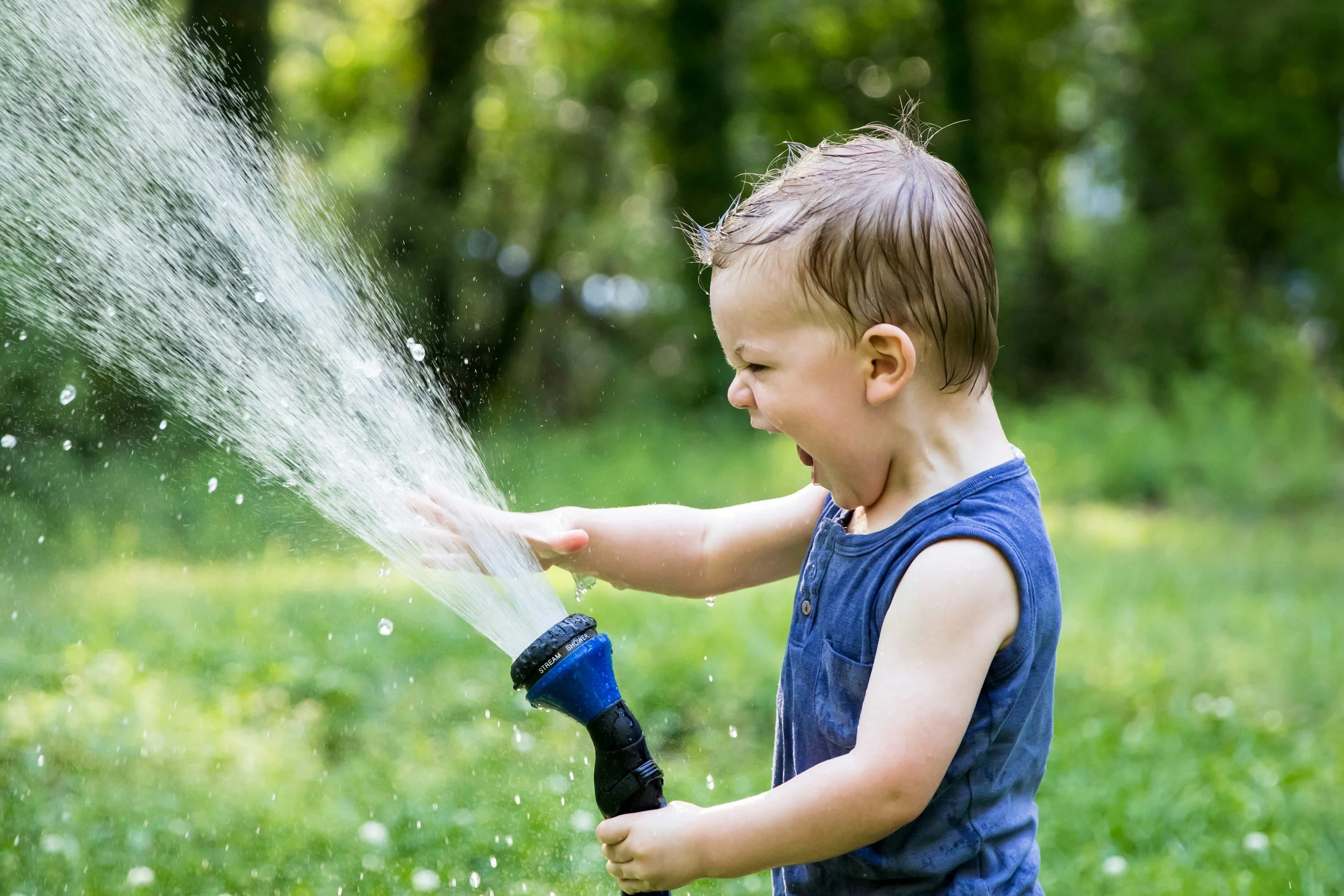Summer’s Not Over—But You Might Be: A Parent’s Guide to Finishing Strong
Photo by Phil Goodwin on Unsplash
You don’t need another motivational summer quote right now. You need a minute to breathe.
Because if you’re a few weeks into summer break and feeling like your tank is already empty, you’re not alone.
The routines are gone, the novelty has worn off, the screen-time rules are bending (or breaking), and the sibling squabbles are daily background noise. Everyone—including you—seems to be running a little more hot, a little more fragile, a little more dysregulated.
This post isn’t about fixing everything. It’s about naming where you are, offering a gentle reset, and giving you real tools to finish summer strong by focusing on emotional connection and co-regulation.
A Summer Check-In for Parents
Let’s be honest: summer can feel like a lot.
When school lets out, many families lose their daily anchor. No drop-offs, no lunchboxes, no early bedtimes. That can be freeing—and exhausting. The days get longer, the patience gets shorter, and the emotional climate of the house starts to mirror the sticky, heavy heat outside.
Ask yourself:
Have I felt more reactive or irritable than usual?
Are my kids melting down more often?
Do our days feel chaotic or disconnected?
Am I feeling guilt for not doing more “fun things”?
If you said yes to more than one, this post is your invitation to pause and realign.
Why Emotions Run High by Late June
Big feelings spike in summer for a reason:
Lack of structure — Kids thrive on rhythm. When it disappears, so does their emotional balance.
Too much togetherness — Siblings, parents, and even pets get tired of each other.
Parental fatigue — The breakneck pace of keeping kids entertained (or simply managed) wears thin.
Overstimulation — Camps, vacations, and heat can push sensory systems past capacity.
The good news? You don’t need a lifestyle overhaul. Just a few steady touchpoints can make a real difference.
Start With You: The Power of Self-Regulation
Your nervous system sets the tone for the household.
That doesn’t mean you have to be calm all the time—it means you need to become more aware of your own cues. When you notice your jaw tightening, voice raising, or stomach clenching, take it as a signal: Something in me needs attention, too.
3 Interpersonal Self-Regulation Tools:
Name it aloud. Saying, “I’m starting to feel overwhelmed” models healthy self-awareness.
Tag in your partner. A quick, “I need five minutes,” can reset the emotional climate.
Ground through connection. Sit next to your child. Hold their hand. Physical presence helps everyone regulate.
Remember: Regulation isn’t the absence of stress. It’s the ability to return to center—with support.
How to Co-Regulate With Your Child
When your child is having a big emotion, they need you to be their anchor—not their fixer.
Try these interpersonal co-regulation strategies:
Match their energy, then bring it down. Mirror their tone with empathy, then slowly lower yours.
Sit beside, not across. Eye contact can feel intense; presence beside them feels safe.
Narrate what you see. “Your fists are tight. Your body’s telling us it needs help.”
Use short, steady phrases. “I’m here.” “Let’s breathe.” “We’ll figure this out together.”
Offer containment, not control. “Want me to sit with you?” invites safety over shutdown.
Rebuilding Rhythm Without Overhauling Everything
Structure doesn’t have to mean rigid schedules. Think of rhythm as gentle repetition—small daily anchors that calm the nervous system.
Simple rhythms to reinstate:
Morning anchor: Breakfast together with a song or short check-in
Movement break: Post-lunch walk, stretch, or dance
Evening rhythm: Screens off before bed, then storytime or a reflection chat
These aren’t rules—they’re rituals you can return to.
A Note on Repair
You’re going to yell sometimes. You’re going to shut down. So will your child.
The goal isn’t perfection. It’s repair.
Saying, “I was really frustrated earlier and I yelled. I’m sorry. Can we try again?” is not weakness—it’s resilience in action.
Kids don’t need perfect parents. They need present ones who model how to return, reconnect, and keep going.
Finishing Summer Strong
You don’t need to “make up for lost time.”
You just need to bring a little more you back into the equation. A little more intention. A little more regulation. A little more presence.
Start with one moment a day:
Sit outside with your kid and do nothing.
Laugh together at a ridiculous YouTube video.
Say, “This feels like a lot today—let’s do something different.”
It’s not too late to reset. Summer’s still going. You are too.
Want more parenting support like this?
Follow us on Instagram @EMCounseling and join our newsletter for weekly tools and reflections from real therapists who are also real parents.
We’re in this with you.


